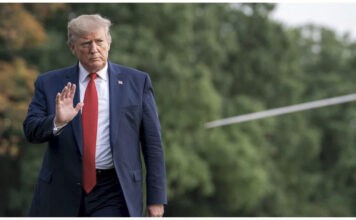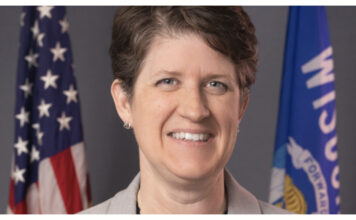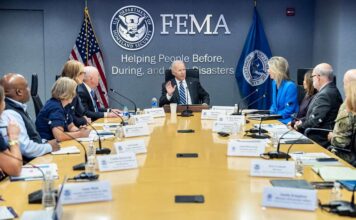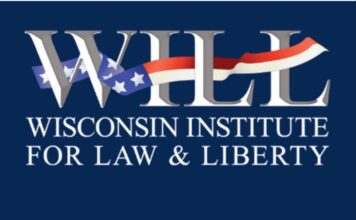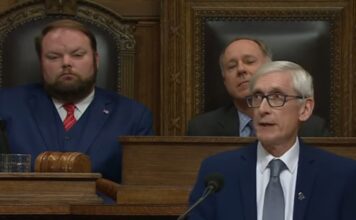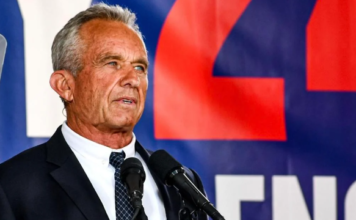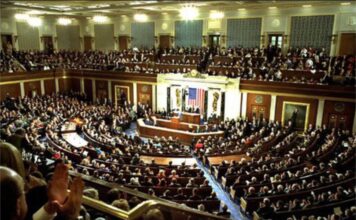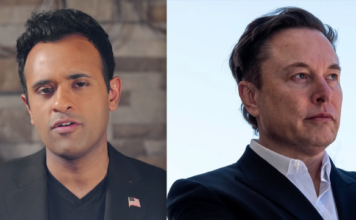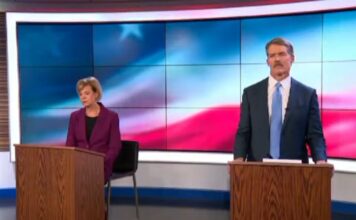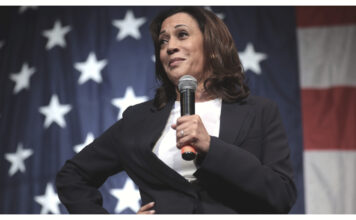This is a column by state Sen. Dan Knodl.
With the August 13th fall primary coming up, and especially with early voting underway, you will undoubtedly want to get informed about the two constitutional amendment questions you’ll see on the ballot. These proposed amendments to the Wisconsin Constitution could change how our state handles taxpayer dollars and federal funds in the future.
The first question reads: “Shall Article IV, Section 35(1) of the Wisconsin Constitution be created to provide that the Legislature may not delegate its sole power to determine how moneys shall be appropriated.”
The second question reads: “Shall Article IV, Section 35(2) of the Wisconsin Constitution be created to prohibit the governor from allocating any federal moneys the Governor accepts on behalf of the state without the approval of the Legislature by joint resolution or as provided by legislative rule?”
A “yes” vote to these amendment questions means that you believe the legislative branch should always have the final say on how the state spends its money and that it should have to sign off before the governor can spend any federal money that comes into Wisconsin.
Right now, the legislature can delegate this discretion away to others, including the governor. Past legislatures enacted a number of laws that did just that, especially during the Great Depression when the state first began to receive significant federal emergency aid. Fast forward to today, and concerns now abound that this delegation of appropriation powers has gone too far and could lead to greater risks of financial mismanagement.
This proposed amendment gained traction following the COVID-19 pandemic, when Governor Evers had sole control over billions of dollars of federal relief money. He spent some of these funds on pet projects that the legislature declined to fund in the budget, and which were unrelated to the pandemic.
Other funds were wasted on equipment that never was used. Perhaps most alarming of all, over $1 billion of this “emergency” funding remained unspent as of this year.
The decisions of past legislatures to divest of this authority has limited the ability of the current legislature to carry out oversight over these expenses, in contrast to the 34 other states that do require shared authority with the legislature over allocating such funds.
During the legislative process, it was pointed out that the governor effectively controlled a slush fund to carry out his own policy goals unilaterally and without legislative review, contrary to the intent of our constitution. Under the Wisconsin Constitution, “No money shall be paid out of the treasury except in pursuance of an appropriation by law.” That means that responsibility for spending belongs with the Assembly and Senate.
I voted to advance these amendments to a statewide vote because they address a fundamental constitutional question related to how our government works. Voting “yes” on both amendments emphasizes a desire for greater legislative involvement and oversight in financial matters. On the other hand, a “no” vote gives preference to the current system where the governor retains significant control over financial decisions regarding federal funding. Regardless of your stance, it is important to be informed about the potential changes and their implications. Your vote on August 13th matters, and the results will shape the future of financial decision-making in Wisconsin.


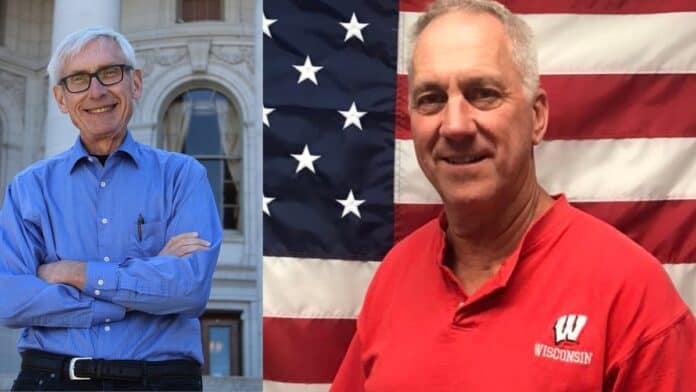
![Maybe 2020 Was a Blessing in Disguise [WRN Voices] 2020 was a blessing in disguise](https://www.wisconsinrightnow.com/wp-content/uploads/2024/11/MixCollage-21-Nov-2024-10-07-AM-5422-356x220.jpg)
